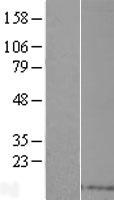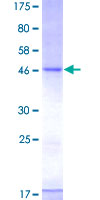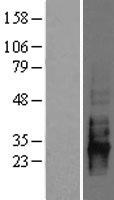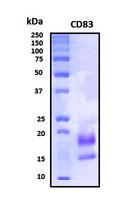order histories, retained contact details for faster checkout, review submissions, and special promotions.
Forgot password?
order histories, retained contact details for faster checkout, review submissions, and special promotions.
Locations
Orders Processing,
Shipping & Receiving,
Warehouse
2 Shaker Rd Suites
B001/B101
Shirley, MA 01464
Production Lab
Floor 6, Suite 620
20700 44th Avenue W
Lynnwood, WA 98036
Telephone Numbers
Tel: +1 (206) 374-1102
Fax: +1 (206) 577-4565
Contact Us
Additional Contact Details
order histories, retained contact details for faster checkout, review submissions, and special promotions.
Forgot password?
order histories, retained contact details for faster checkout, review submissions, and special promotions.
CD83
CD83 molecule
CD83 is a member of the Ig superfamily. It contains an extracellular V-type domain, a single transmembrane domain and a 40 residue cytoplasmic tail. CD83 is used as a marker for mature, antigen presenting dendritic cells that are capable of generating tumor specific T cell immunity. CD83 is expressed by interfollicular interdigitating reticulum cells and more weakly by cells within germinal centers. It is also expressed by Langerhans cells in the skin, monocytes, macrophages, and activated dendritic cells.
| Gene Name: | CD83 molecule |
| Synonyms: | CD83, BL11, Cell surface protein HB15, CD83 antigen, CD83 molecule, Cell-surface glycoprotein, HCD83, B-cell activation protein, HB15 |
| Target Sequences: | NM_004233 NP_004224.1 Q01151 |
Publications (1)








If you do not find the reagent or information you require, please contact Customer.Support@LSBio.com to inquire about additional products in development.










